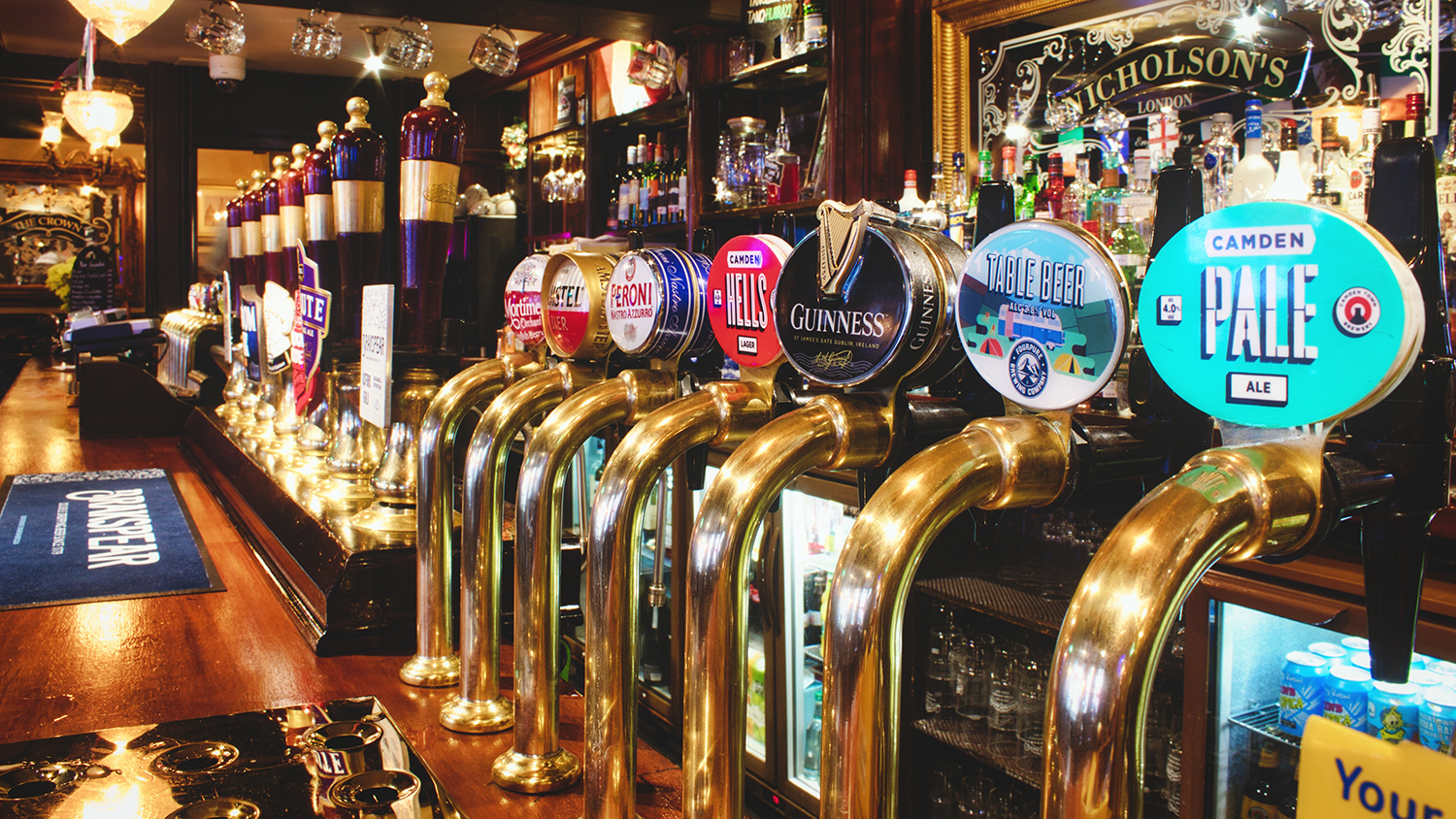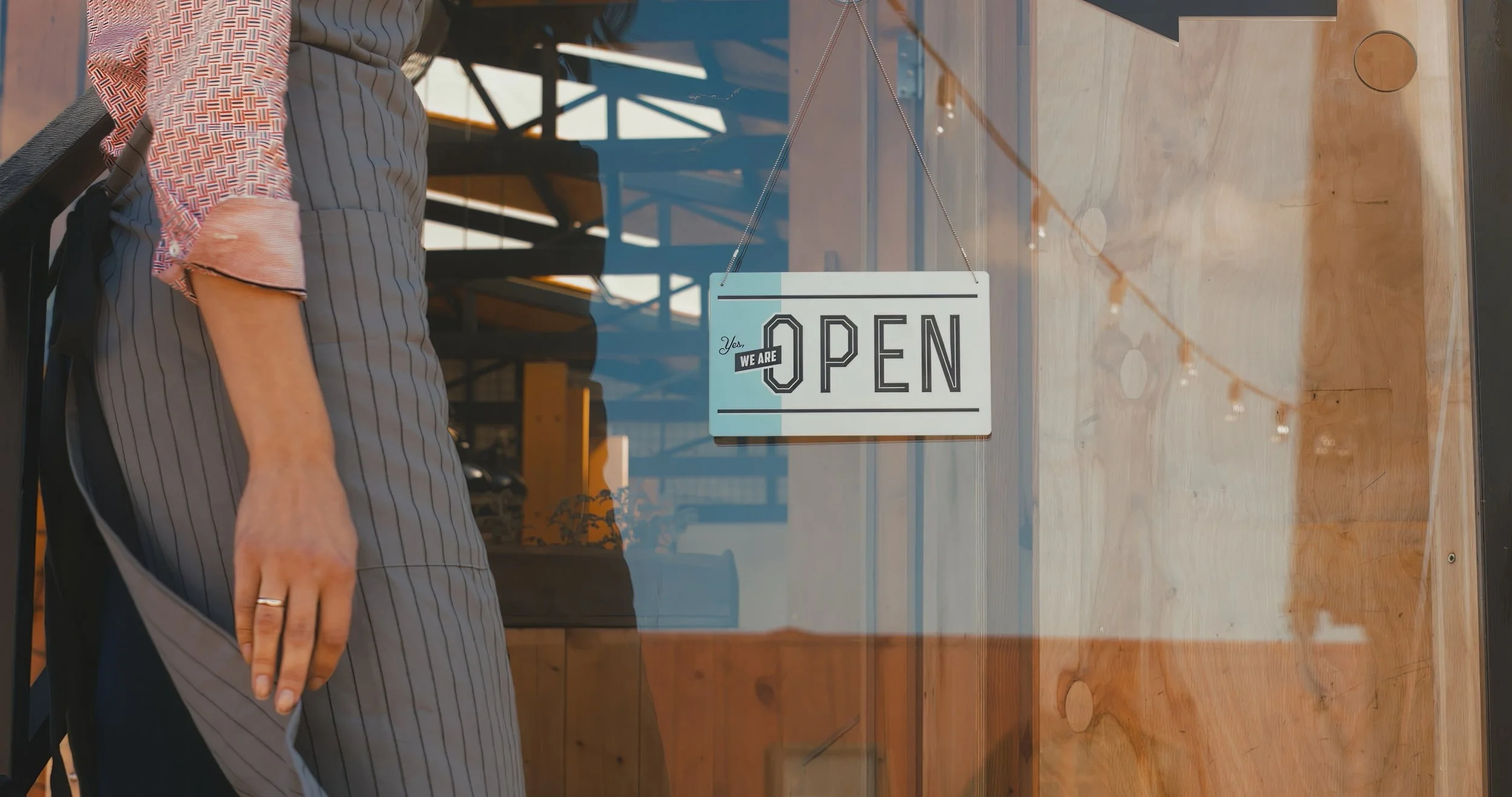By Lynne Pratt, Creative Content Director, Virtual Solutions
There’s no denying the power and importance of social media for businesses, and for restaurants who are competing in an industry that is constantly growing and changing, reaching potential guests and making themselves known is more important than ever.
For those who are unfamiliar with the platforms, or don’t have the time to properly implement an optimised social media strategy, a simple post & promote campaign is often how they proceed – but this tactic under-utilizes the true strength of social media marketing and doesn’t bring about the return on investment (ROI) that it should.
Developing a new menu or hosting a special event is a lot of work, and you want the result of that effort to be a full house and happy patrons. So how do you go about promoting your menu or event? How do you attract guests to your venue?
What Do You Need Before You Start Your Marketing?
Firstly, and this should go without saying, but before you start creating any campaign, it’s important that you are certain that you’re going to be holding your event or making changes to your menu. If you’re still in the stage of just thinking about it, then you shouldn’t start promoting yet. Building anticipation and expectations for something that then doesn’t happen is a recipe for disappointment and reputation damage.
If you’re not sure about the specifics, why not ask your guests? Create content that outlines your ideas and asks your guests whether they would be interested. This builds your community, encourages interaction, and gives you valuable insight into your guests’ mindset.
Once you’re sure that you’re going to go ahead, you need to know who you’re aiming your efforts at. There are so many different types of cuisines and customers, and whilst you may get a broad range of diners in your premises, you’re not going to appeal to the entire spectrum. It isn’t cost effective to try to and appeal to everyone with your marketing. You need to think a little more specific than “everyone who eats at my restaurant.”
Making use of analytical tools (such as Facebook Business Manager) will give you a general overview of your guest and followers, including who they are and what they’re interested in. Combining this with any research or customer questioning you’ve done will give you a strong foundation to build your marketing campaign on.
Then with the targeting options that are available, you can create adverts and content that will be displayed to a specific audience. Whether that’s vegetarians, sports fans, couples, or a specific age group is up to you and who your target guest is.
You Need to Raise Awareness with Your Audience
Now you can start your marketing efforts. With putting on events and promoting a new menu, you need to retarget existing guests as well as connect with new ones. This involves a brand awareness campaign, letting people know who you are and what you do best.
To conduct a brand awareness campaign online, you can use social media and newsletters, contact your local press (who may promote you offline as well), and get in touch with your local Influencers. To stand out with brand awareness, use video content or creating images with carousel content (a paid ad that has a selection of images which it cycles through instead of displaying one static image) to catch your audience’s attention.
When you begin raising awareness of your menu or event, make sure that you give the audience all the details they need. This includes your usual information (cuisine type, opening and closing times, location, accessibility, dietary restrictions, parking, etc.), but should also have the event/menu specific information such as when it starts & finishes, what the price range is, and whether you’re running any other offers in conjunction with it.
For events you need to go a step further because you need to sign your guests up. This means attracting and record your leads. This could be done through a newsletter, lead generation ad, email or landing page. If you decide to email your guests about the offer, you should have a landing page on your website or social media channels that you can direct them to.
You also need to decide whether you’re taking the bookings yourself. If so, you need to make sure you’ve got your database set up and ready. If you’re going to sell tickets through a digital ticketing platform you need to make sure you’ve got access to the ability to check the tickets on the night.
You Need to Start General & Get More Specific
Once you’ve started attracting attention, you need to start posting about the event regularly. It’s important that you don’t just post once or twice. You need to keep reminding people that you’ve got this event or change coming, and your guests should be getting excited about it. It is important, however, that you balance this with other content, so you don’t annoy your audience and alienate them from your pages.
Begin your marketing plan by speaking in generalizations.
Some examples: “We’re holding an anniversary event on xx-xx-xxxx and we’d love to see you!”, “Our new menu embraces the fruits of the season!”, etc. Whet people’s appetite to know more by teasing what’s to come.
As the start date grows closer, offer more information and specifics. “Celebrate our anniversary with us and enjoy a five course, five-star meal!”, “Delight your taste-buds with a brand-new choice of starters featuring (name a few of your dishes)!” and the like.
When marketing, you need to think from a guest perspective. Why should they visit? What makes you stand out? Why should your guests and potential guests care?
Plan your promotions to match your venue and highlight your best features. For example, if you’re restaurant is in the middle of nowhere, and you’re offering a free glass of wine with your new menu or for coming to the event, then you should also promote the mocktail and non-alcoholic drinks you serve, so it’s clear to your customers that you’re catering to everyone’s needs.
You must remember that your content has to appeal to new customers and your existing ones, and your content must be different. If people see the same tired image on every post, they’re not going to stop and read the text. They’ll assume it’s the same content and ignore it.
Encourage your followers to share your content and promote your venue with their friends, family and social peers. The more people you have talking about you in a positive fashion, the more likely you’ll be to get bookings.
You Need to Create a Sense of Urgency
The Fear of Missing Out (FOMO) is a powerful tool, and you can utilize it for your venue. Let people know how many tables you have available, and when they start to fill up don’t be afraid to post content that reveals “Only 5 tables left!”
Talk about your event as a whole and create a sense of urgency and anticipation. Focus on the attractions and highlights (are you offering live music, are the ingredients rare and unusual, how long will the event or menu change last?). Create content that counts down the days until the even and offering new snippets of information each time. For example, if you’re offering a five-course meal, you can tease a different course over a 5-day period leading up to it.
You can also prompt guests by using Calls to Action (CTA) such as “Book now to avoid disappointment!”
You Need to Keep Your Guests Up to Date
If you make any changes, you need to let your customers know as soon as possible. You don’t want to be building up expectation for something that isn’t going to happen. Your reputation is only as good as your last interaction and you don’t want people having a poor impression of your restaurant over something that is completely avoidable.
How you market your event or menu can make the difference between success and failure. It’s important that you don’t ignore it or leave it to chance. You might feel that you get enough customers in or that you’re popular enough to not need to advertise, however, this is naïve and neglects the fact that your current guests could be seeing content from your competitors and thinking about their venues instead.
About Virtual Solutions
Virtual Solutions are a Digital Marketing Agency who specialize in working with Restaurant, Hotel and Food & Beverage Brands, to create customized digital marketing packages that meet the unique needs of the industry















